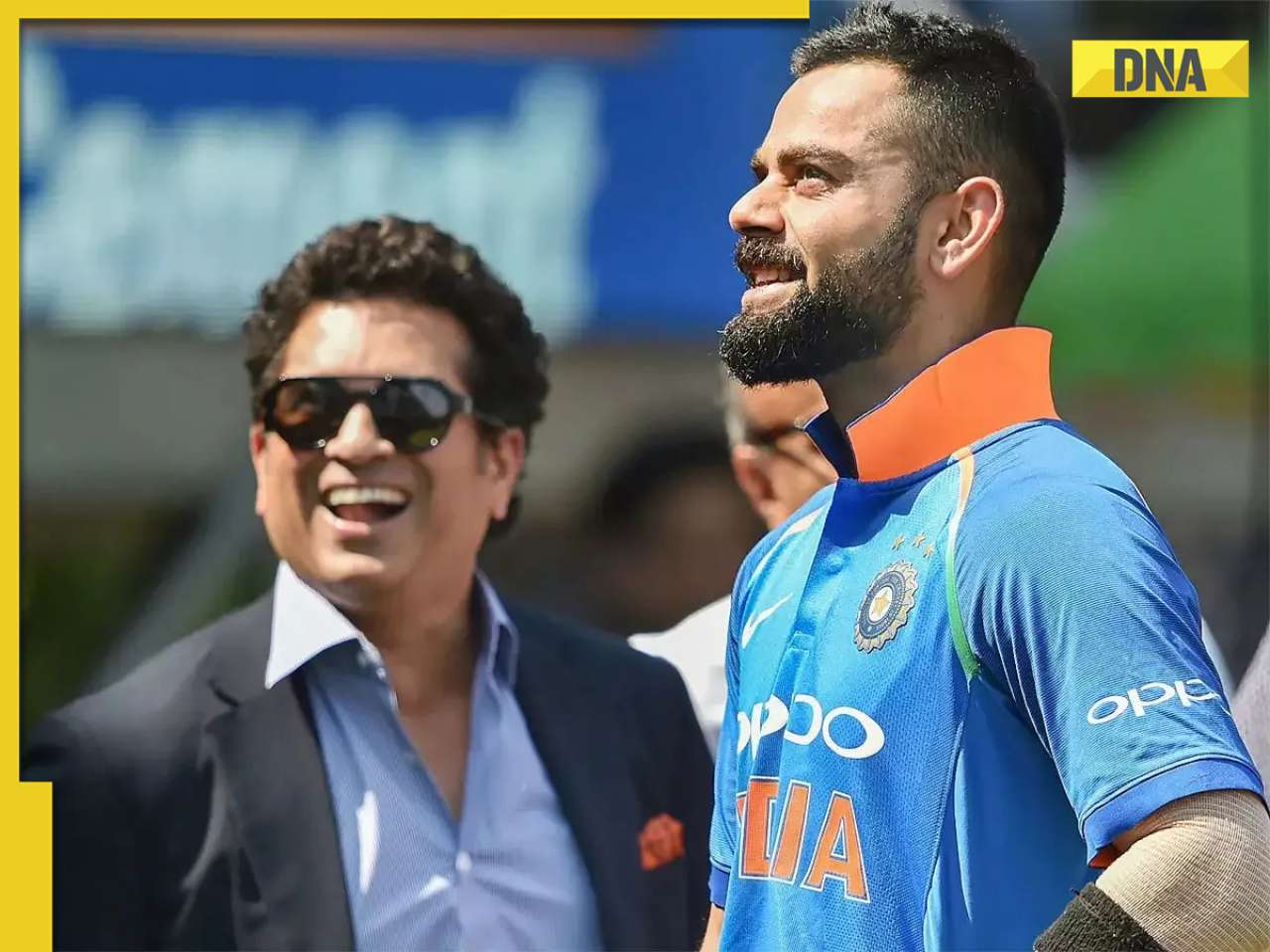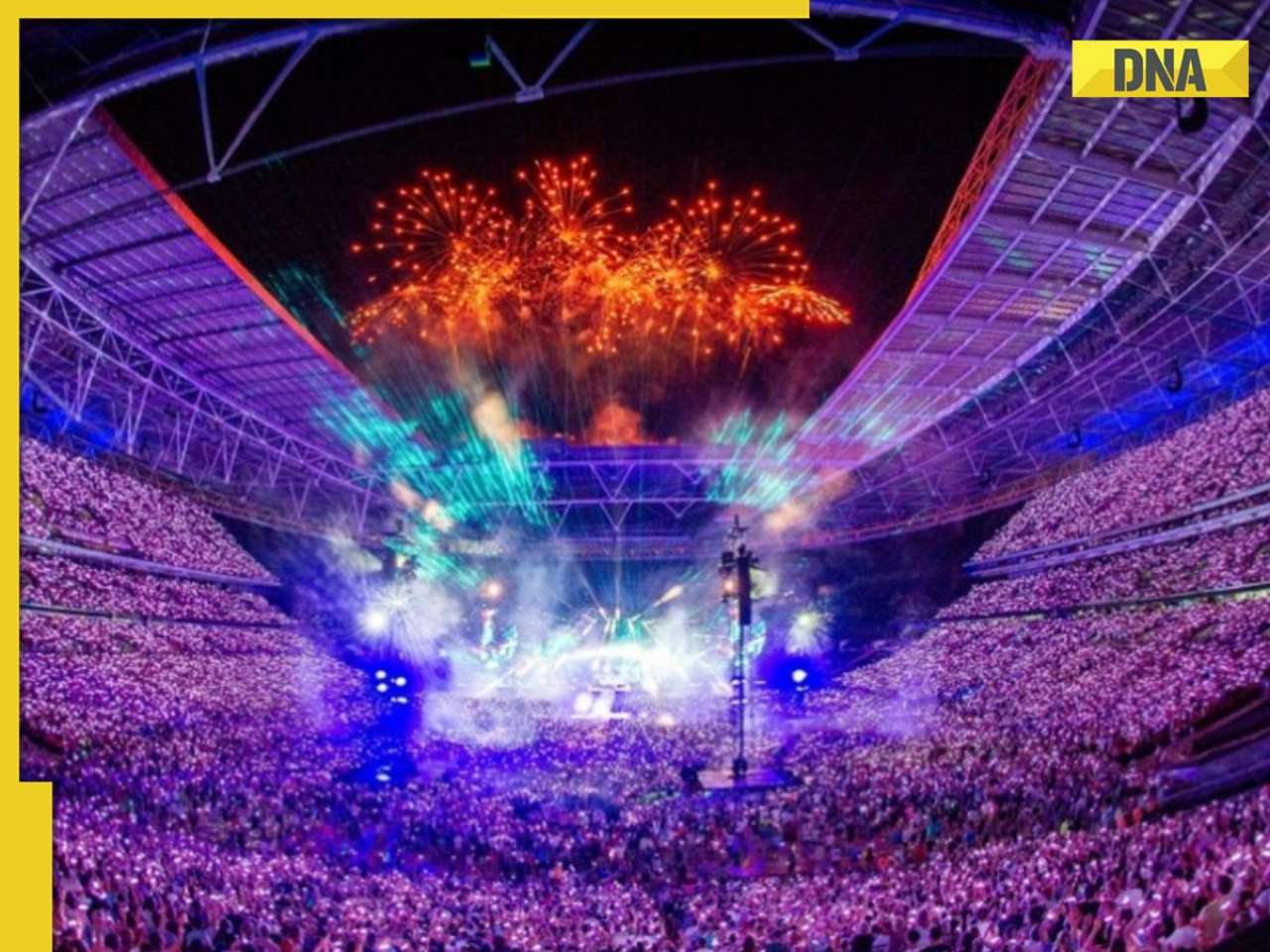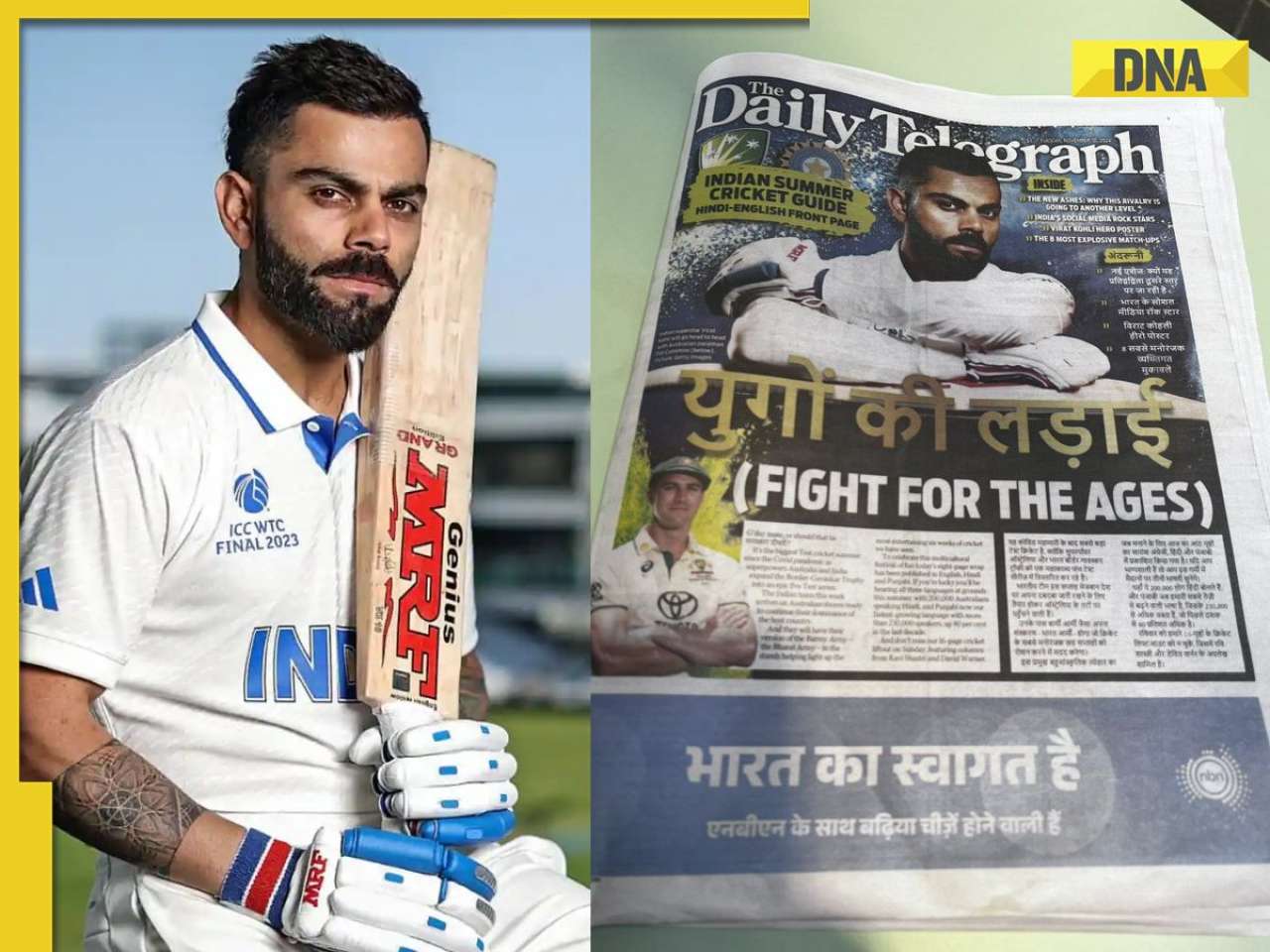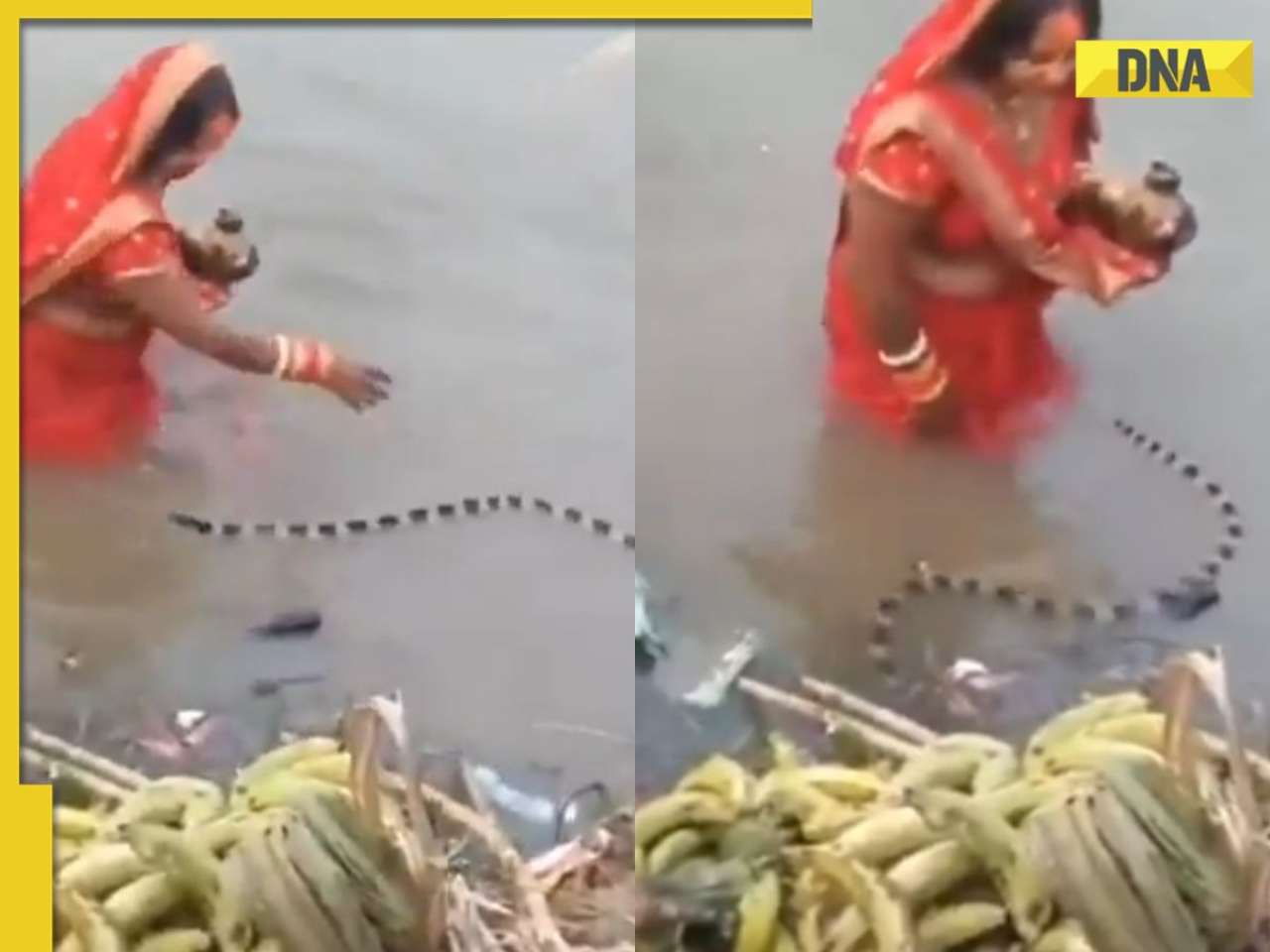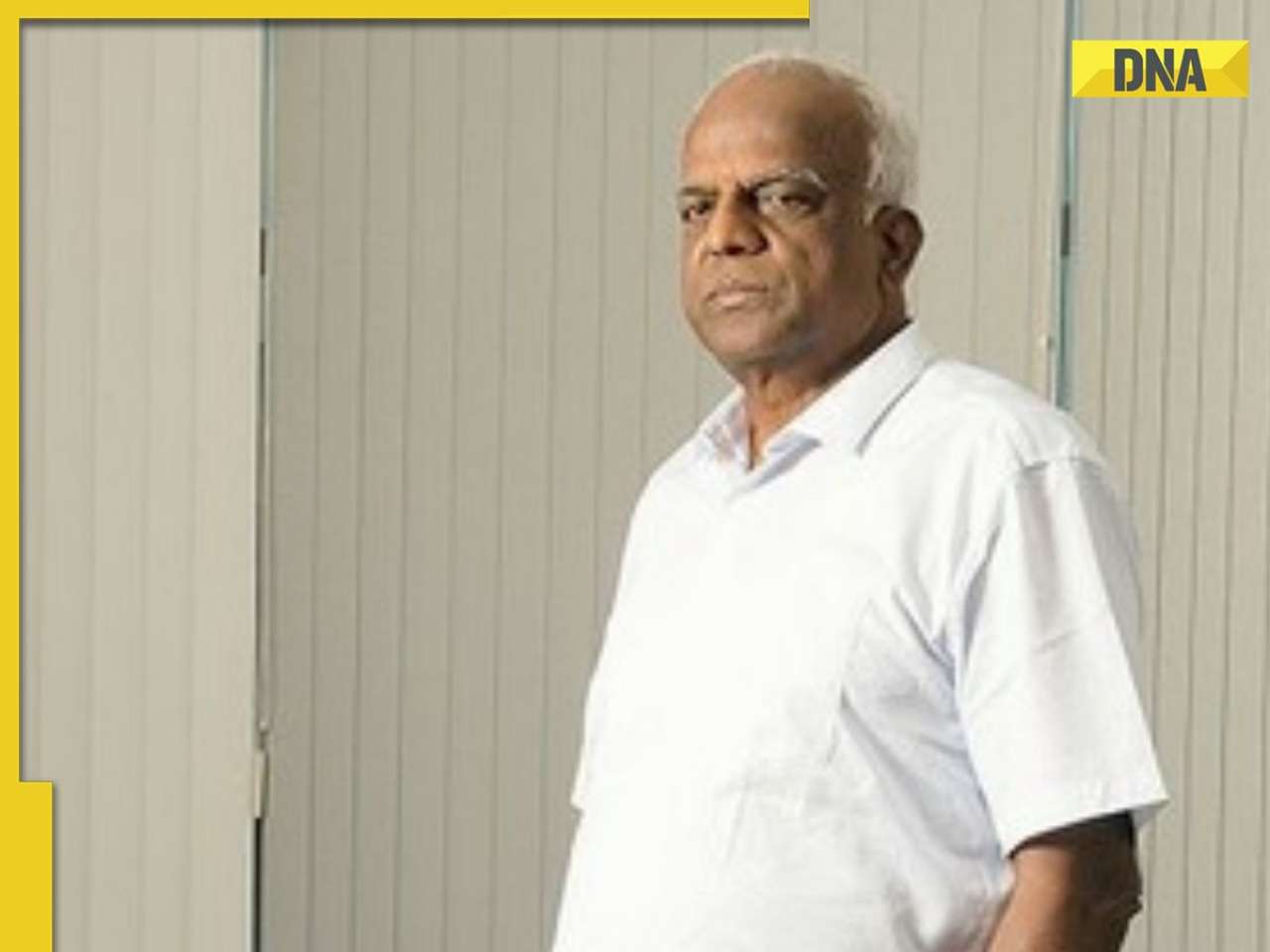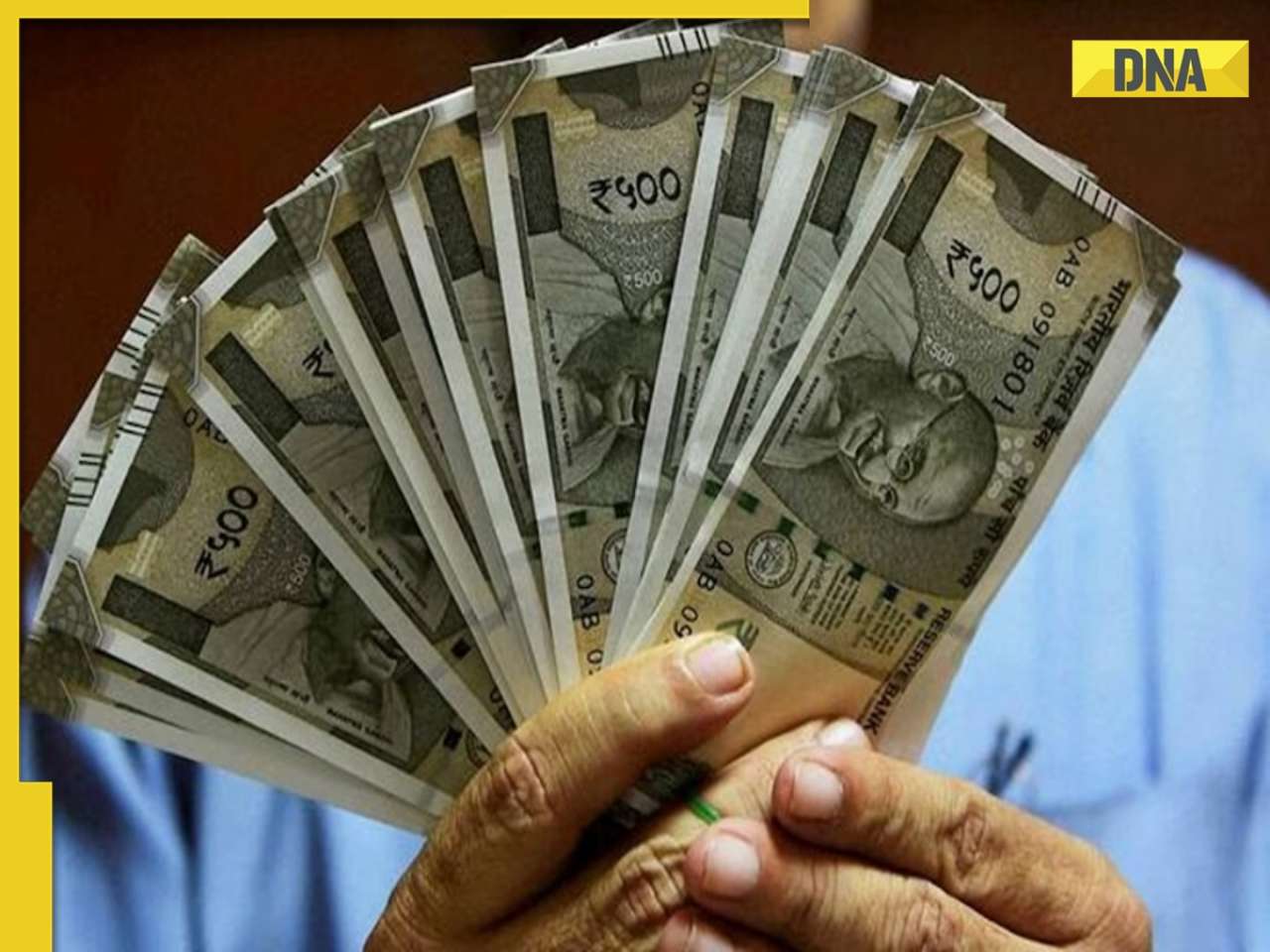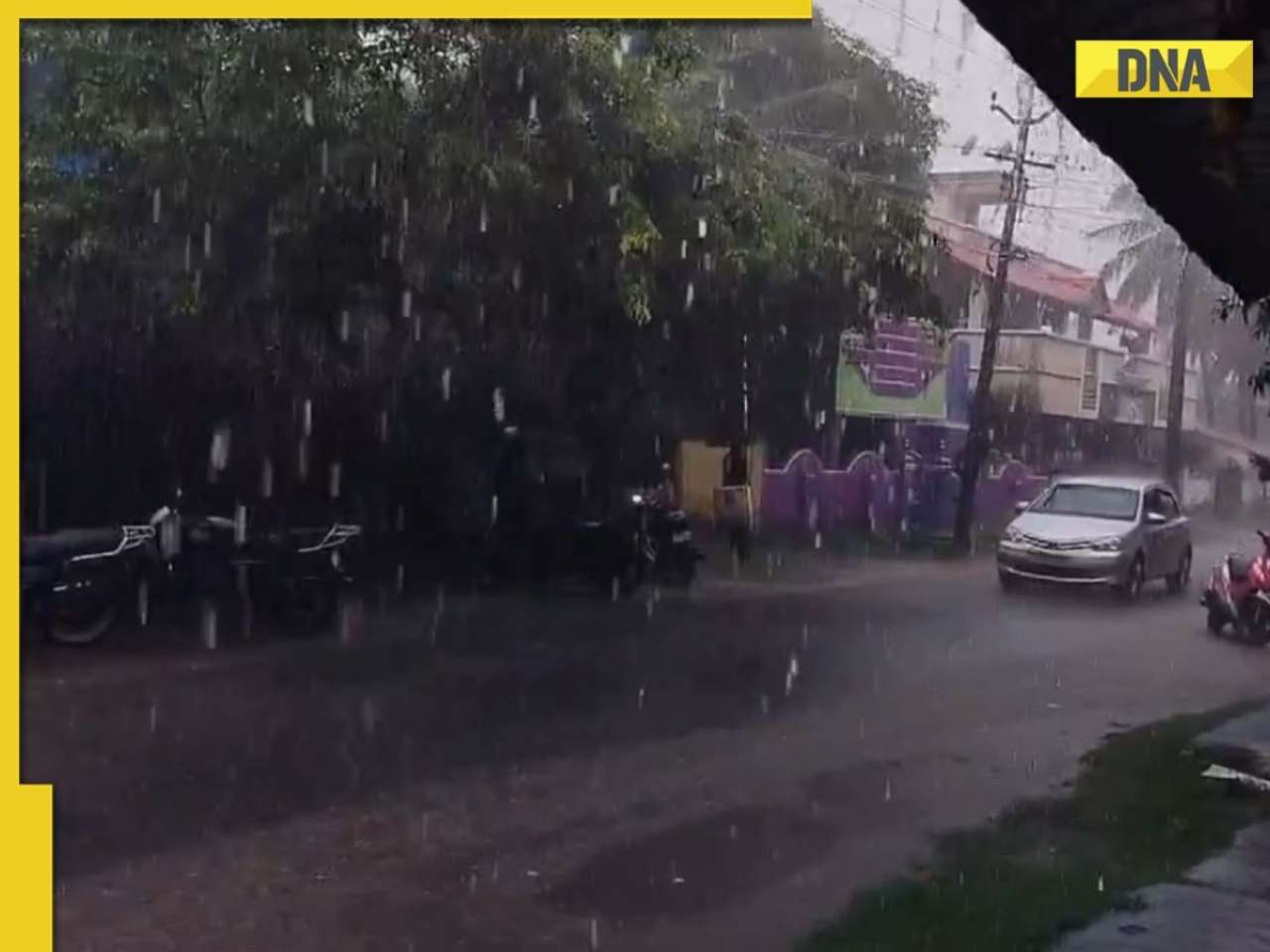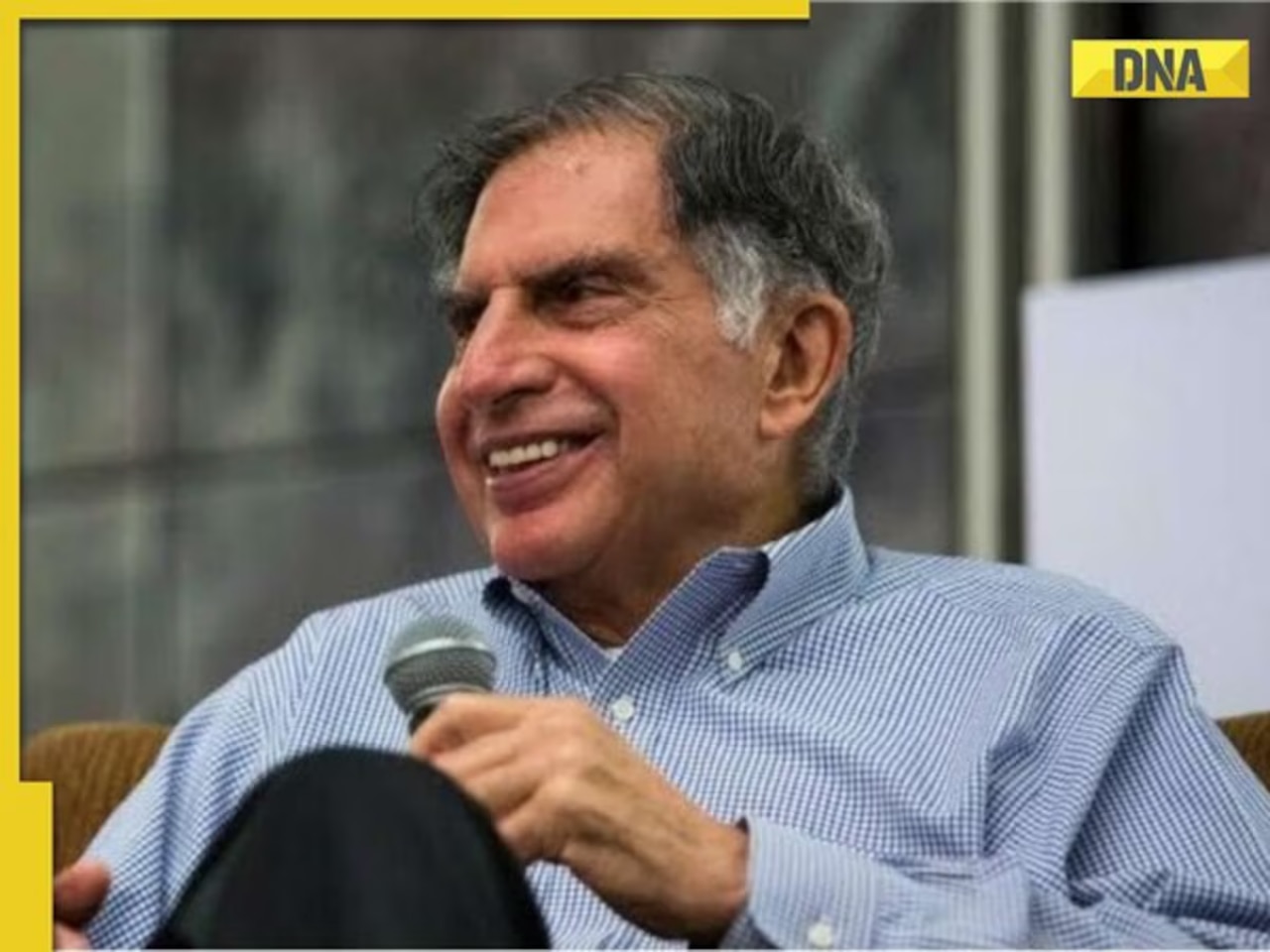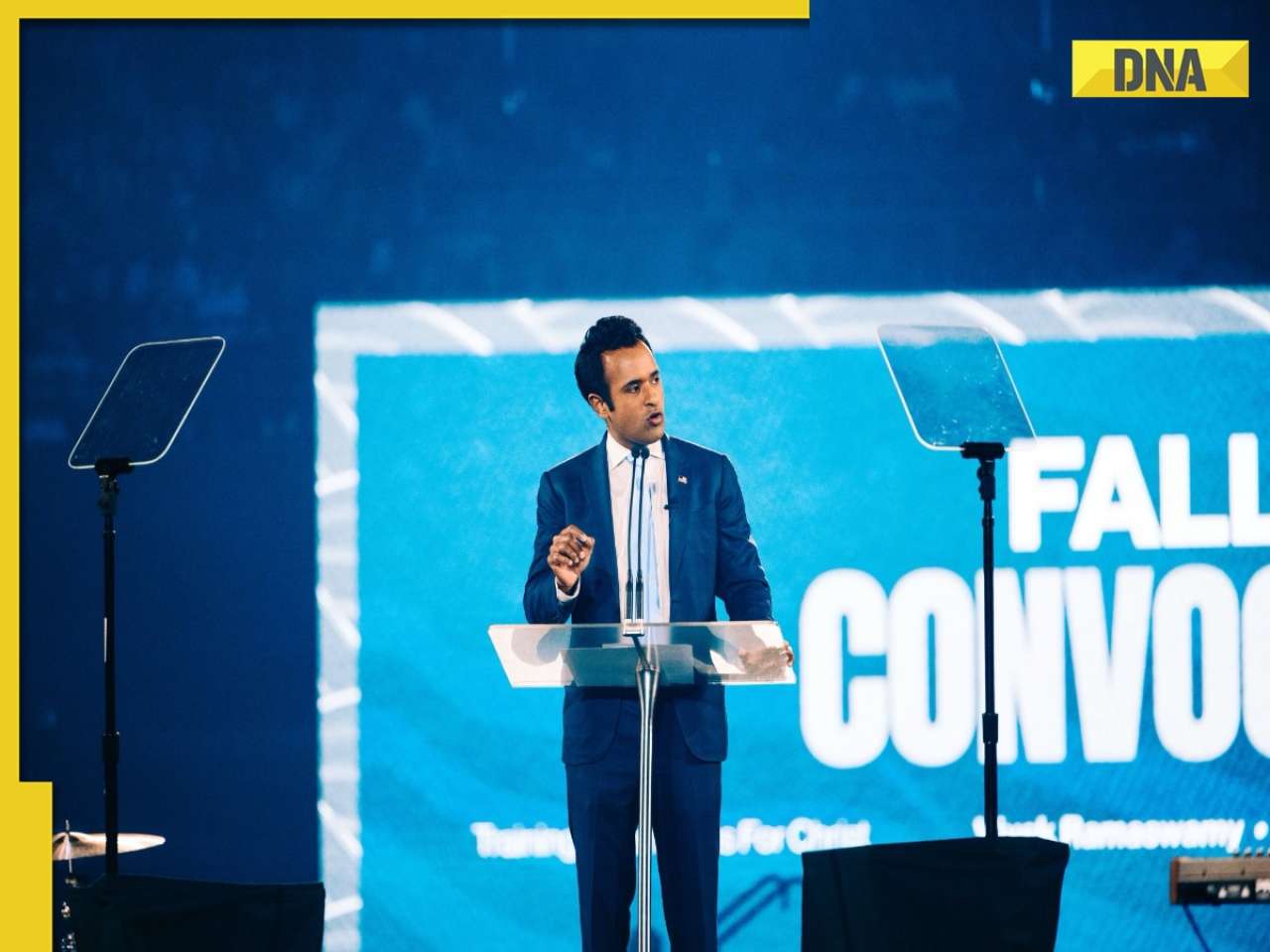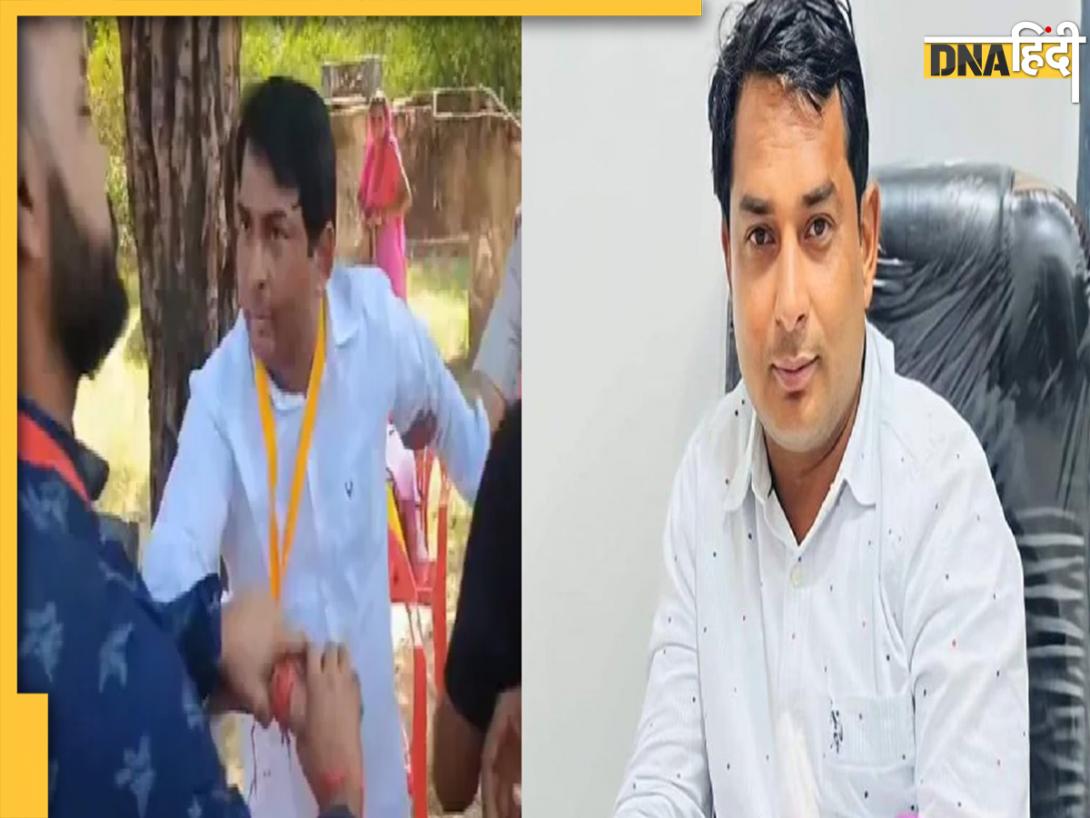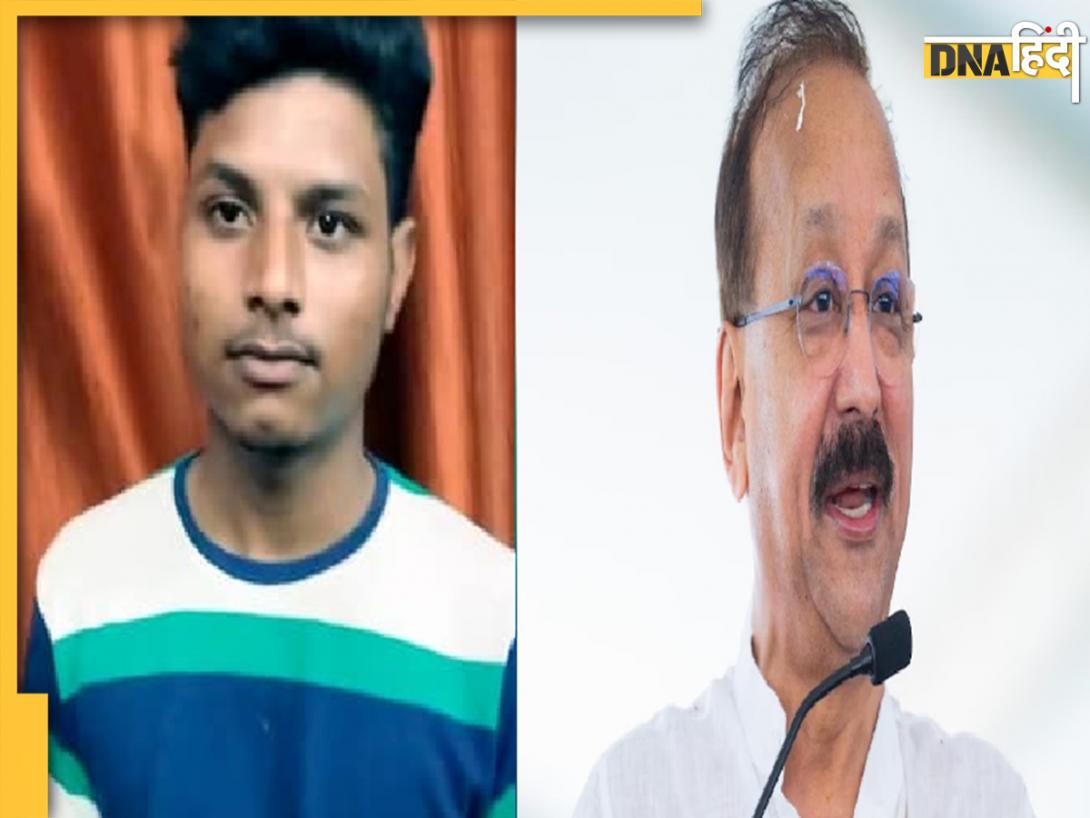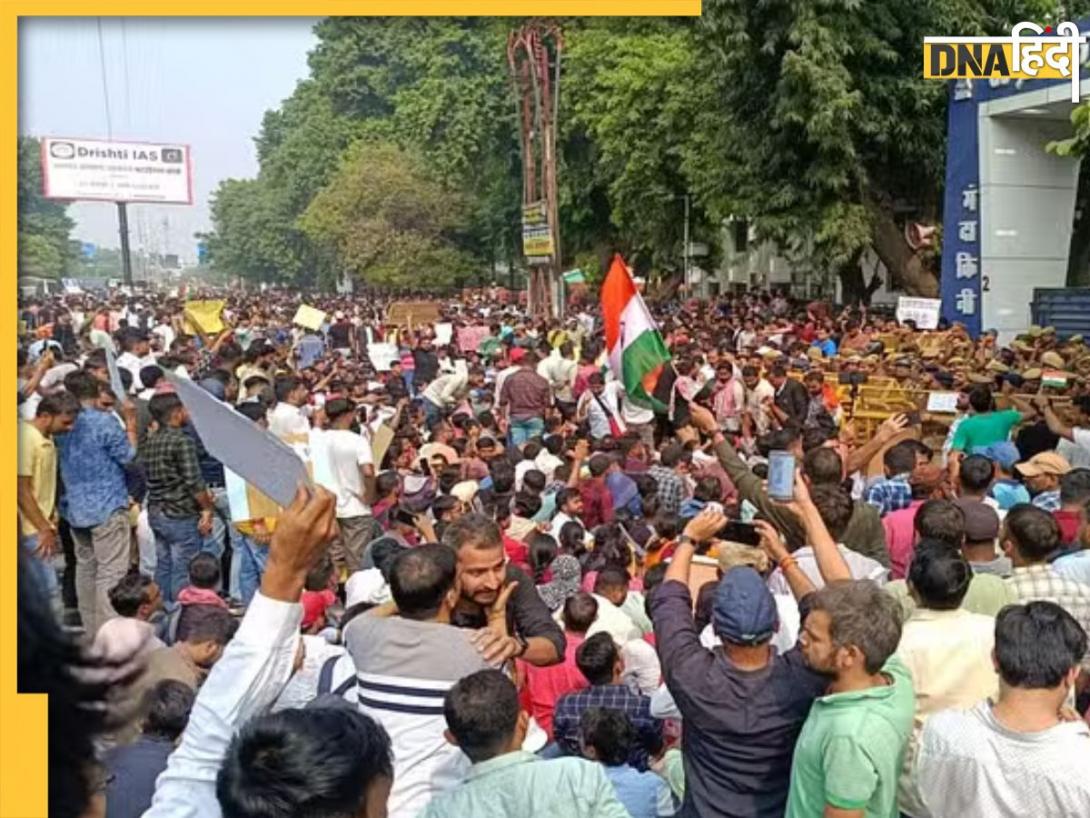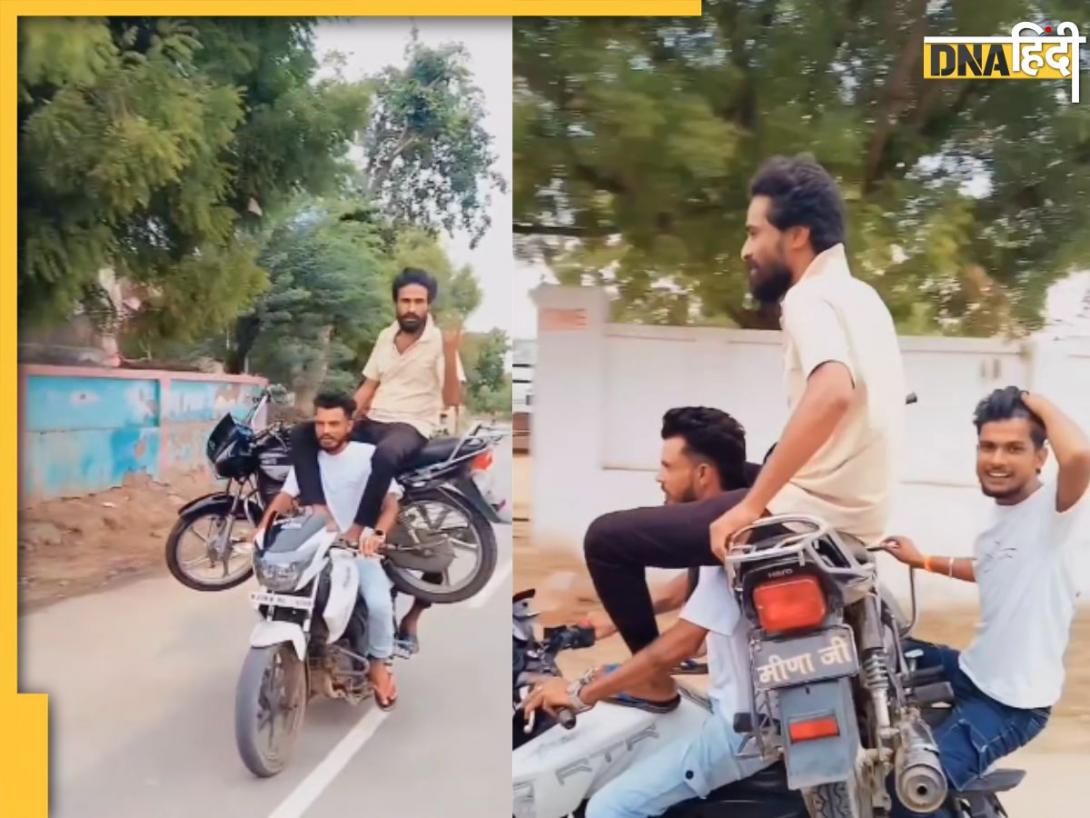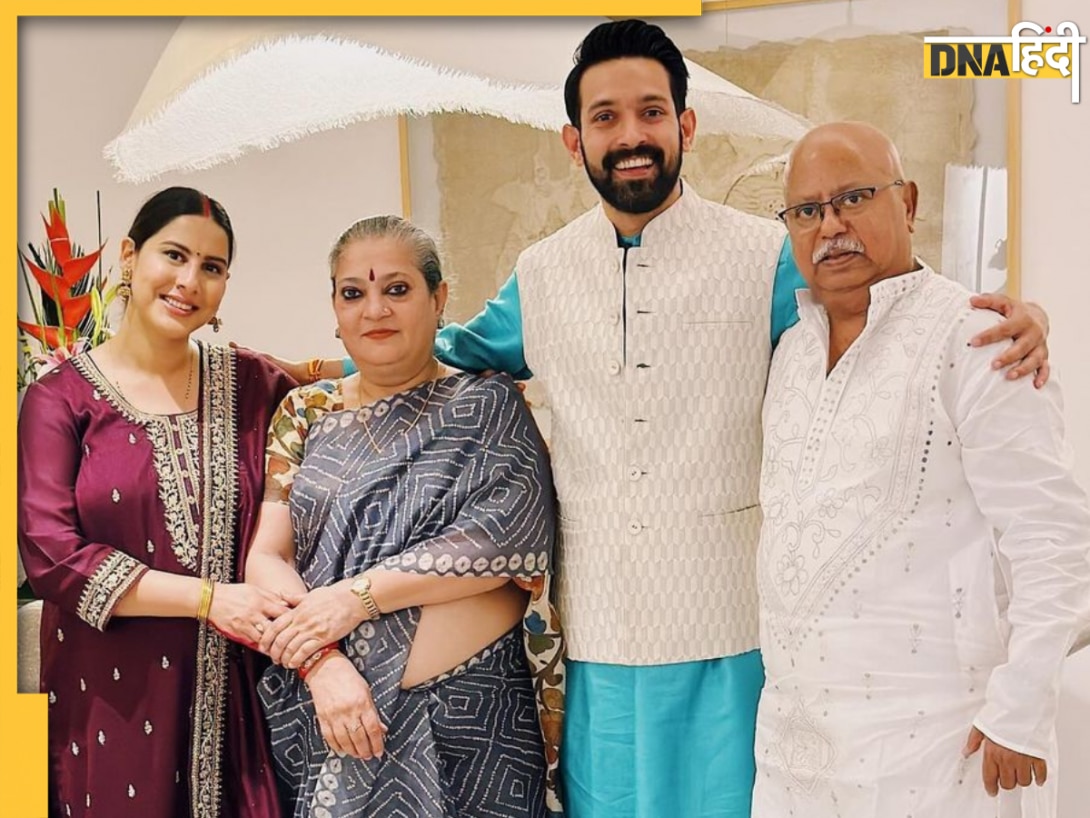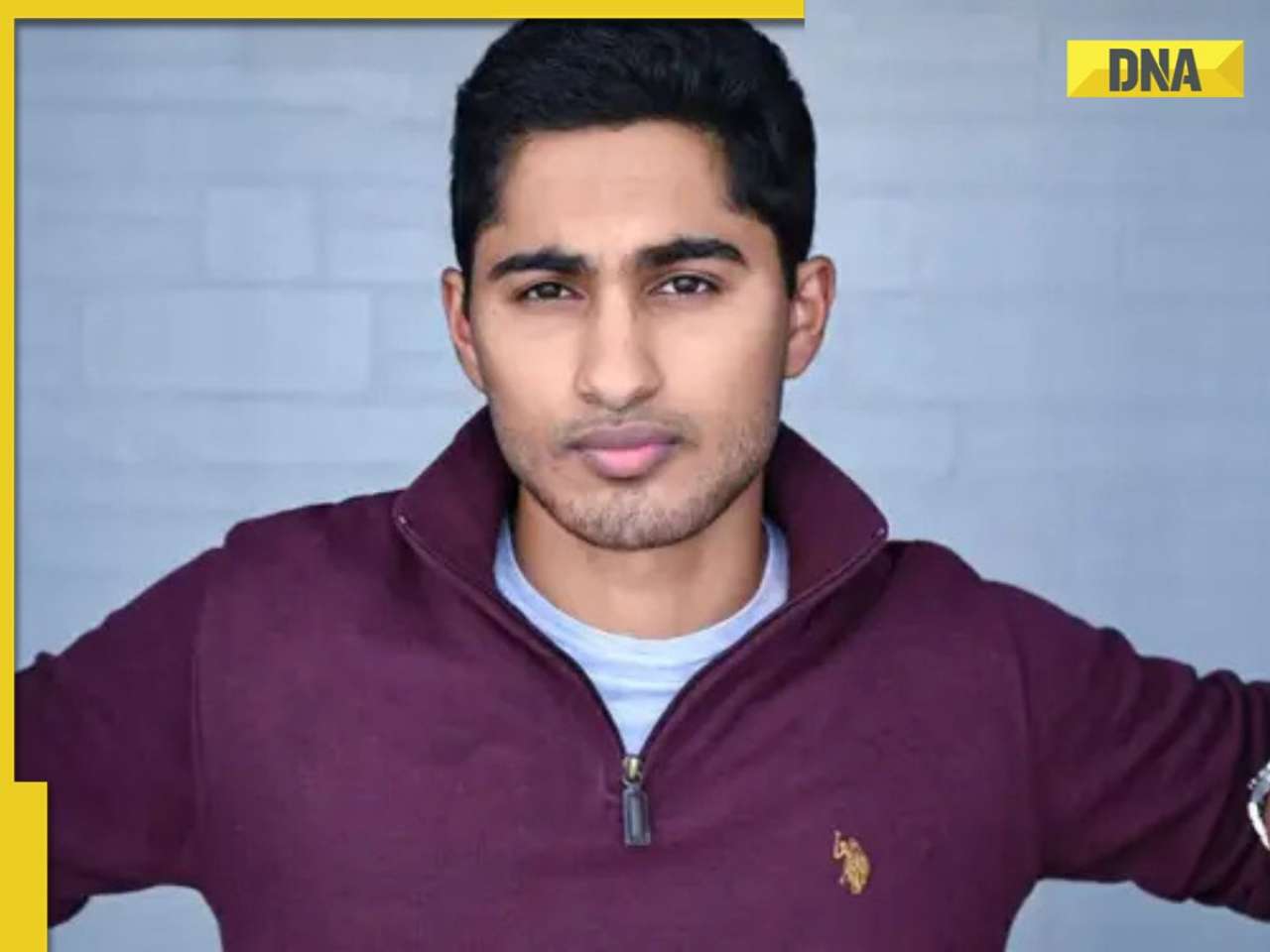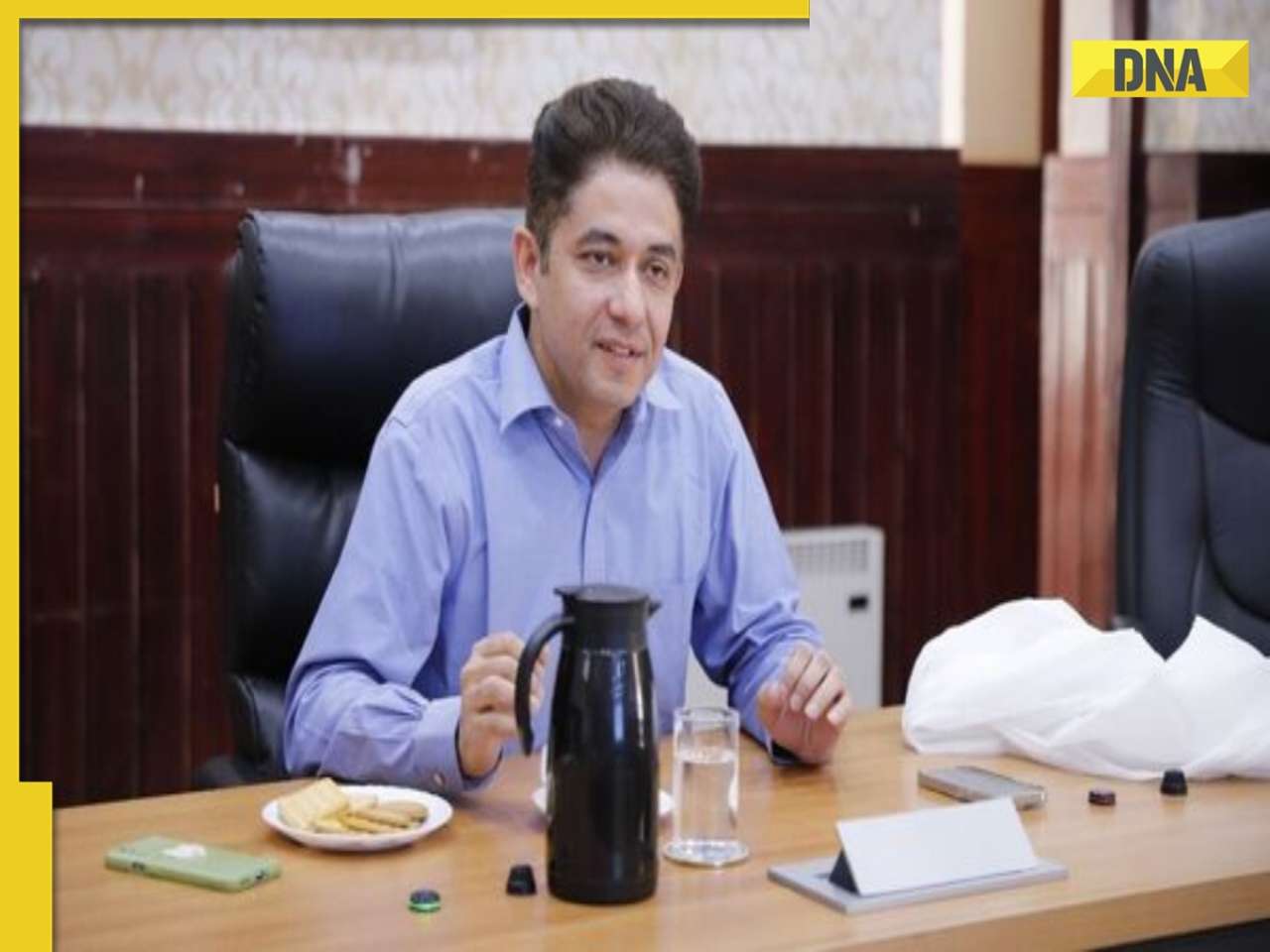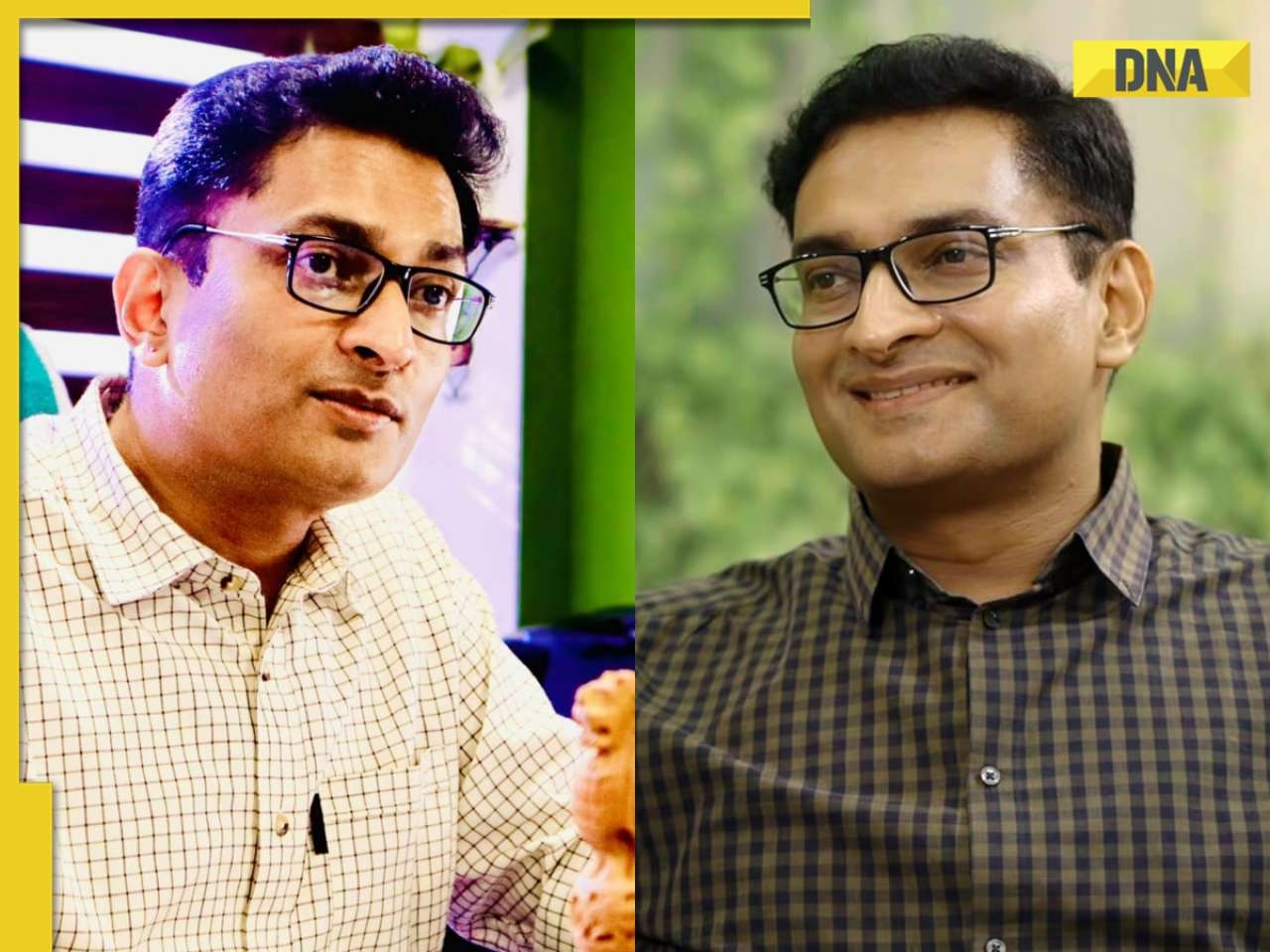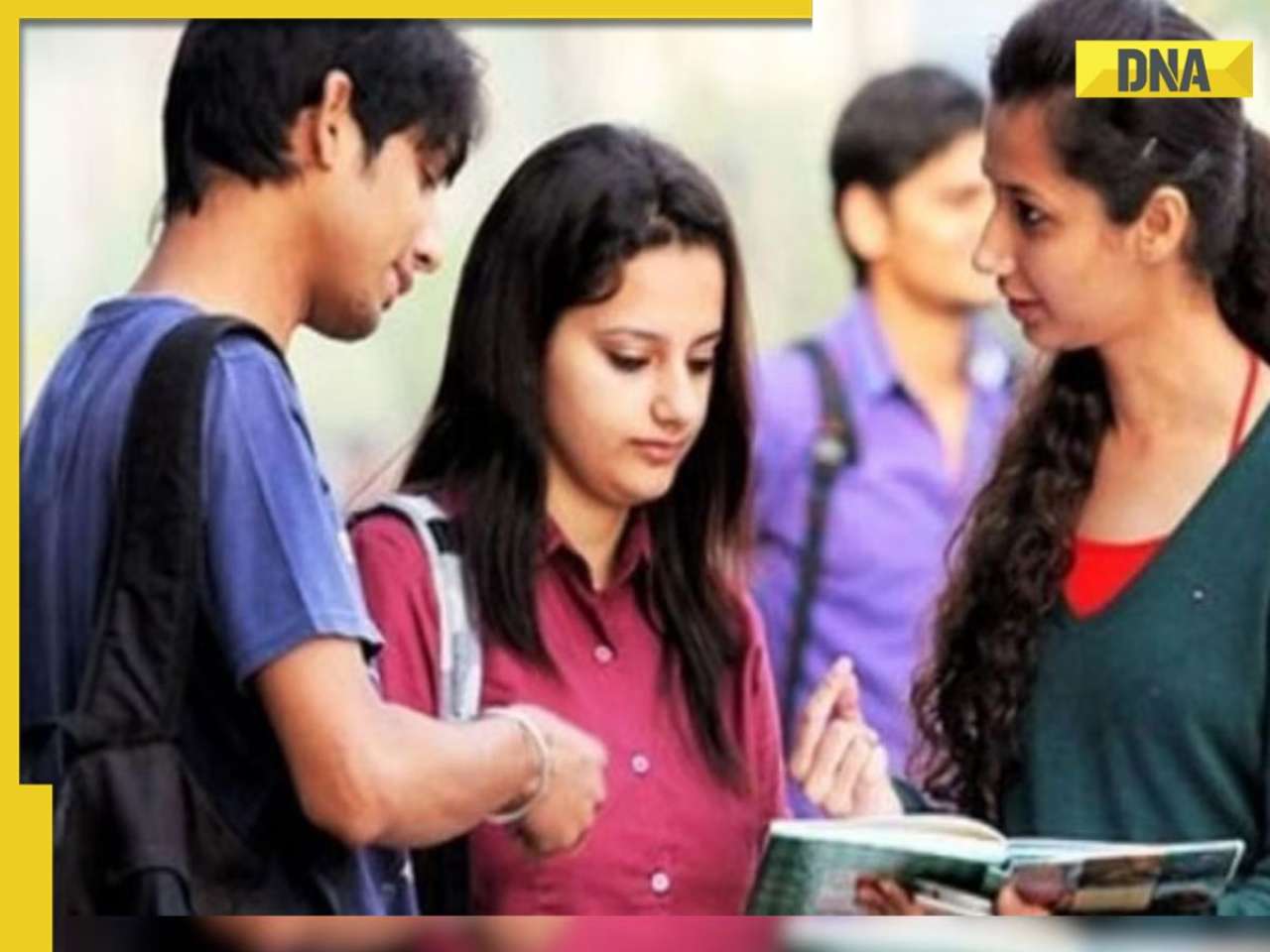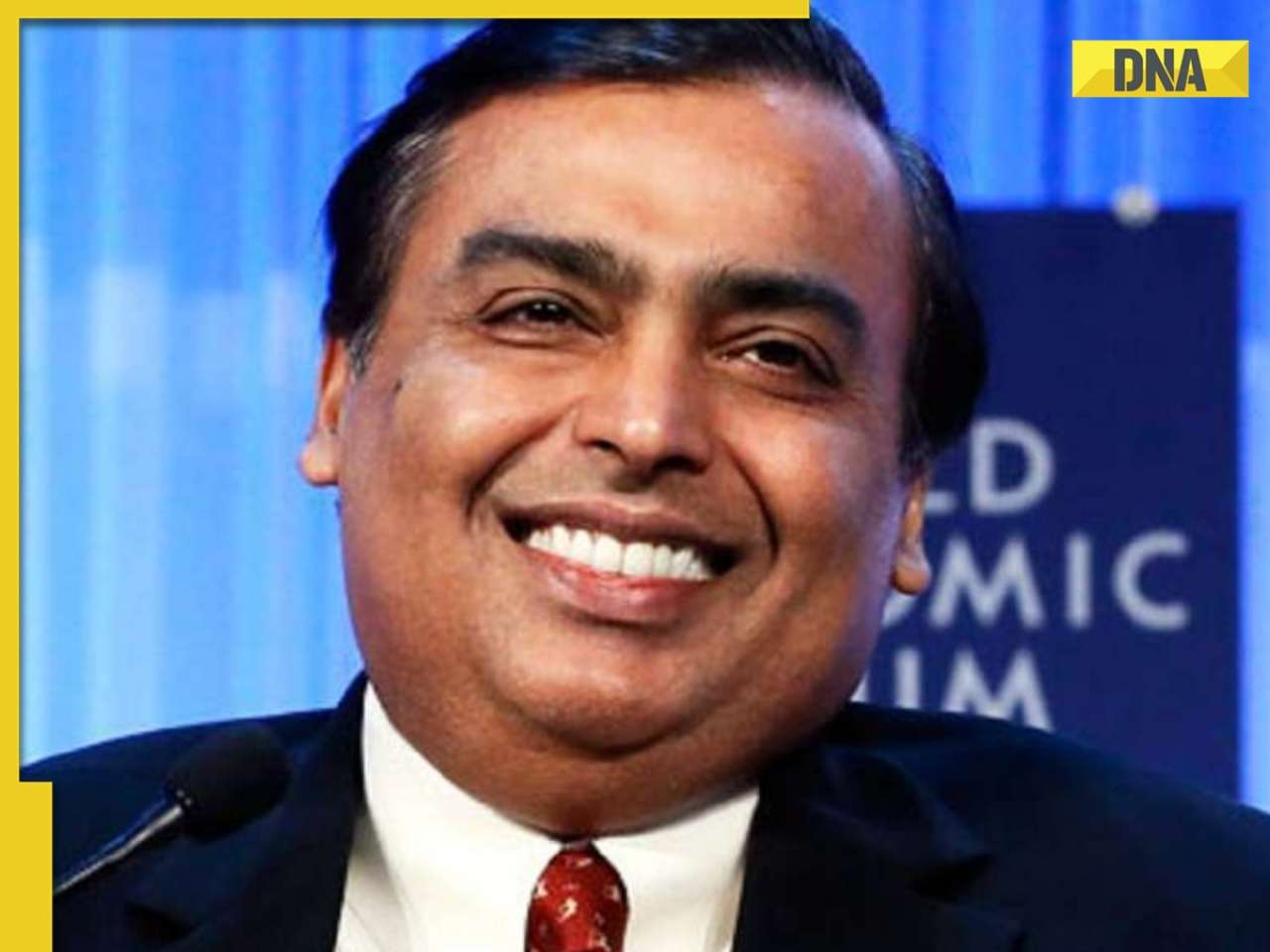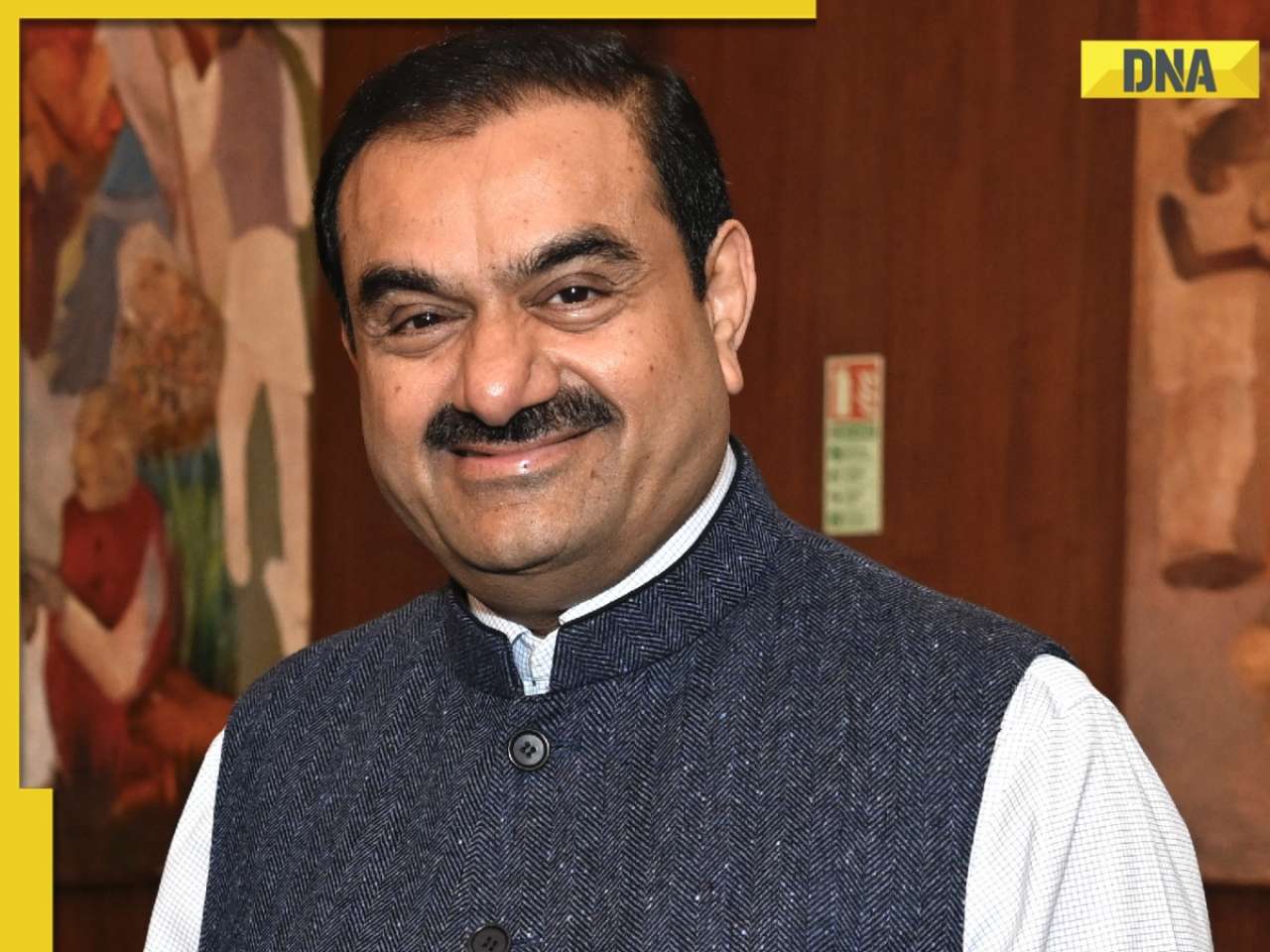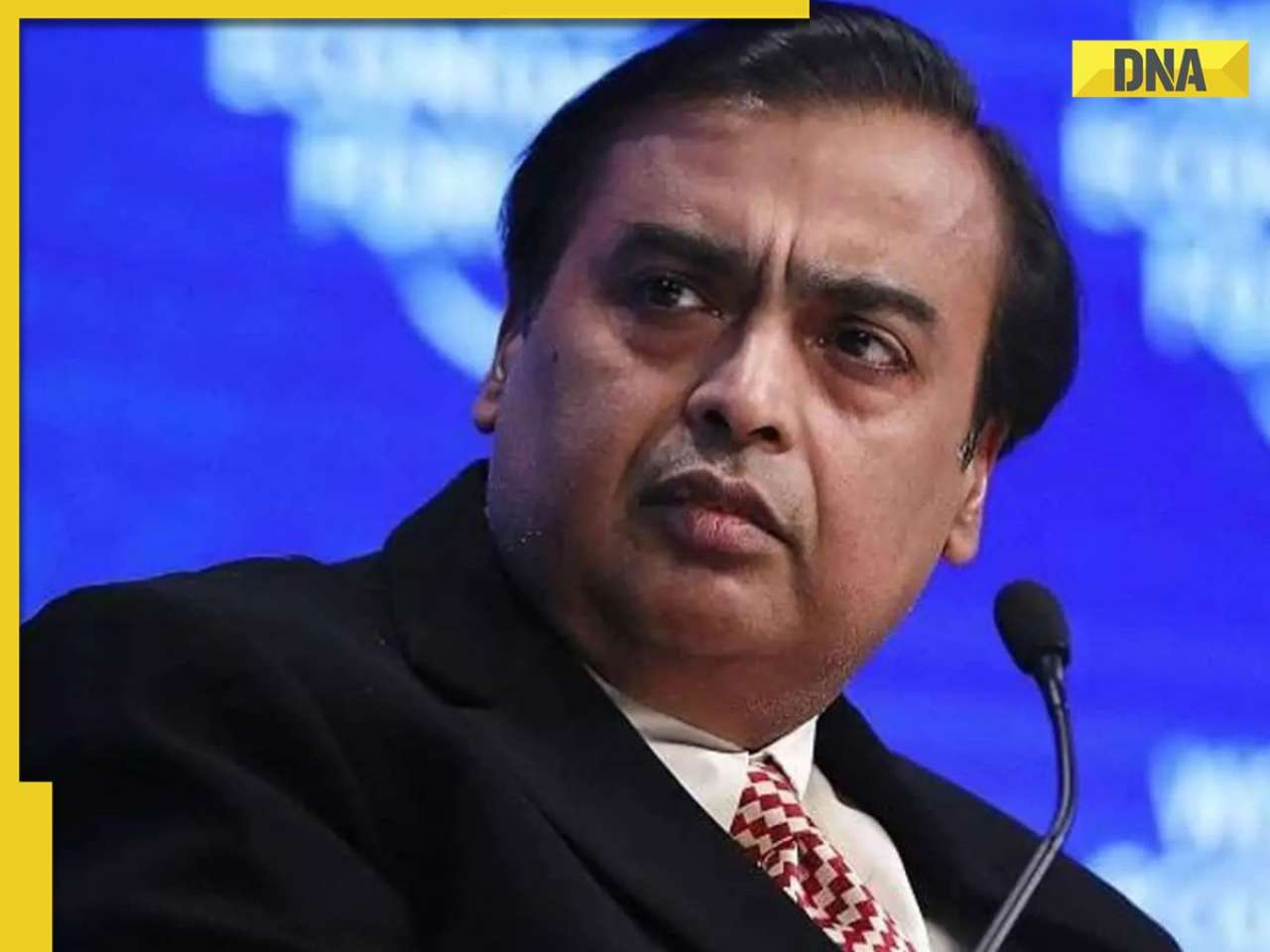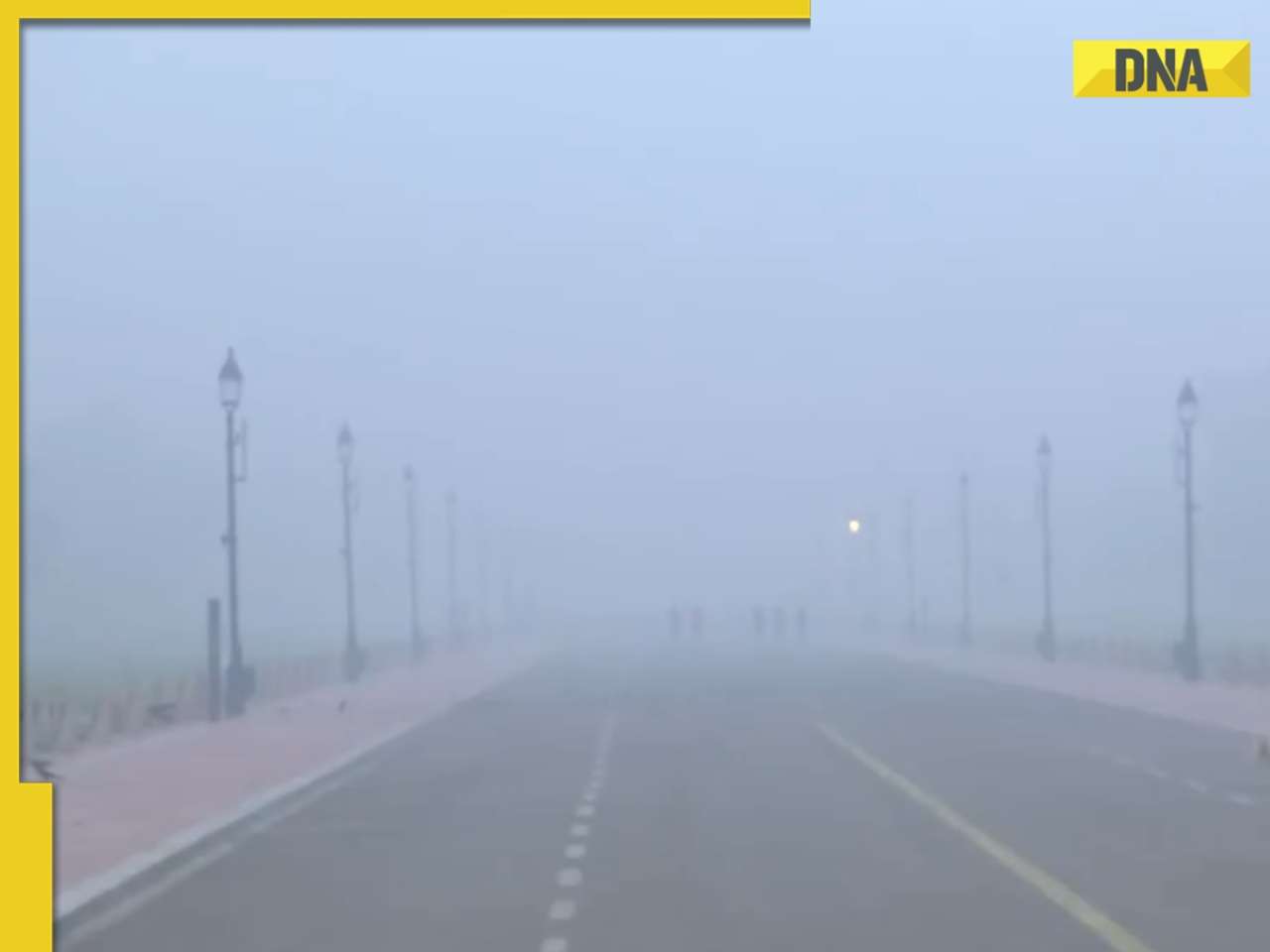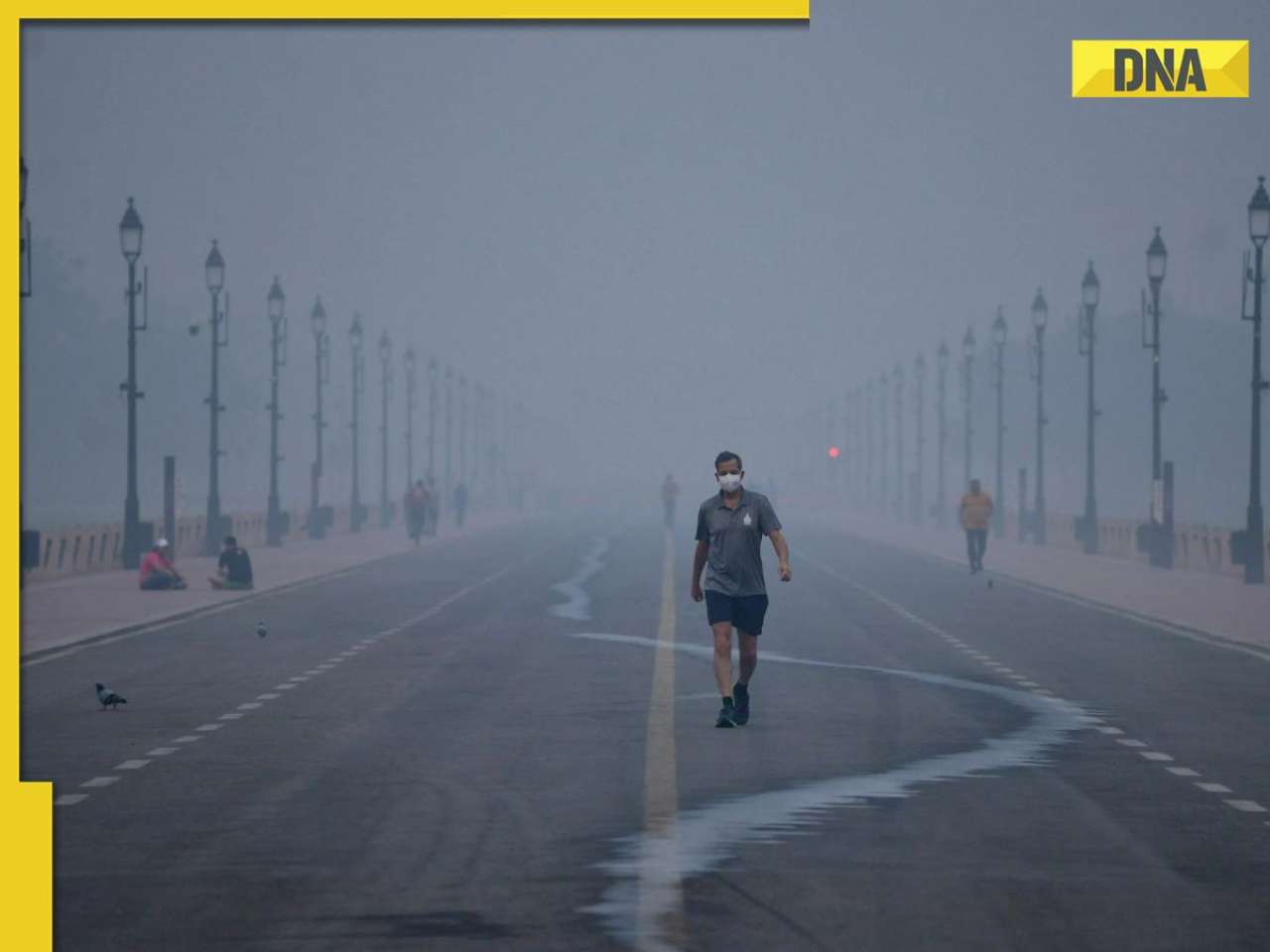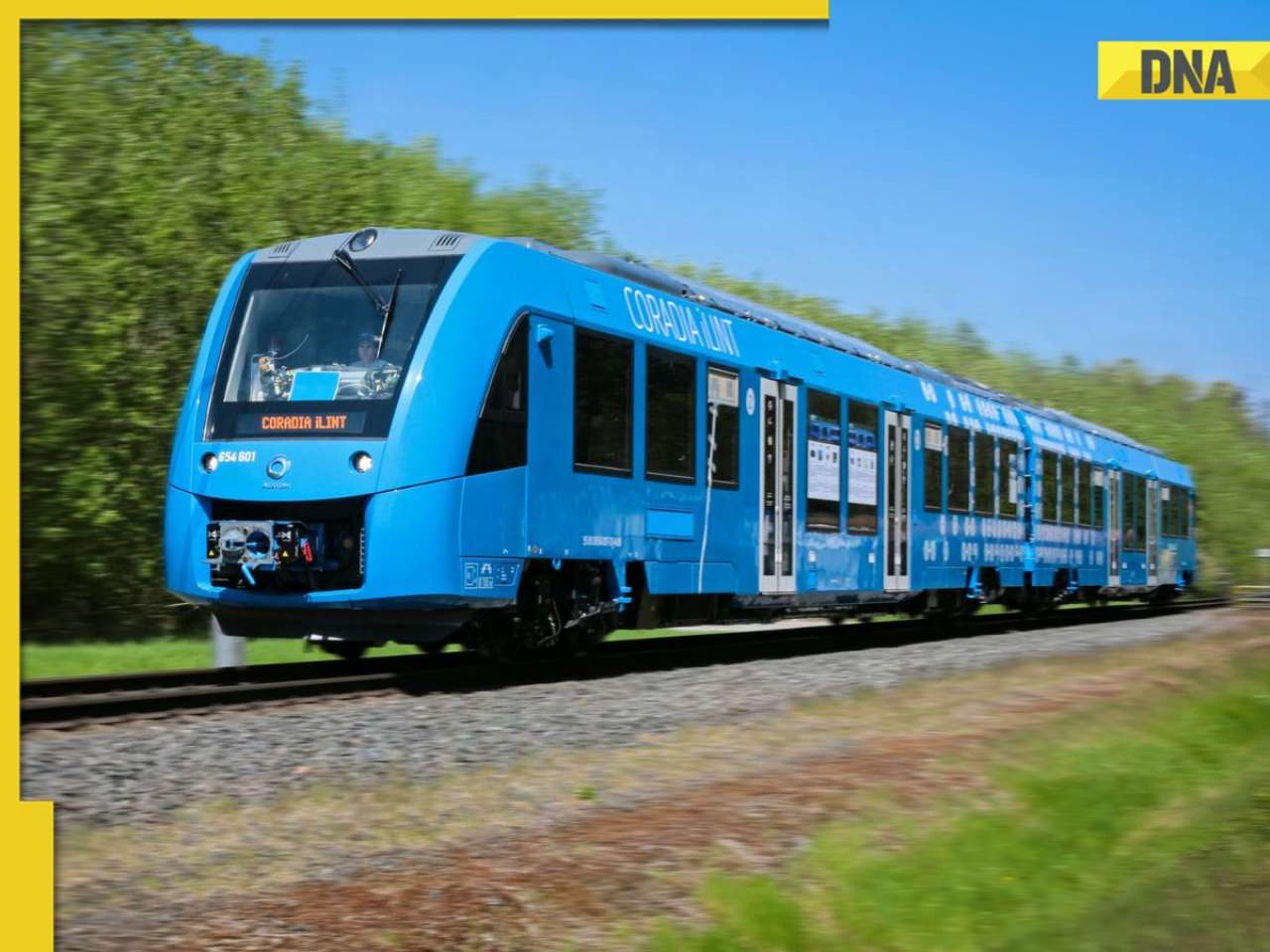- LATEST
- WEBSTORY
- TRENDING
MUMBAI
Matka king murder case: It's life sentence for all six
Sessions court rules matka king Suresh Bhagat's death is not accidental but the result of a conspiracy, and puts its seal on the quantum of punishment for the convicts.
TRENDING NOW
The sessions court on Wednesday awarded life sentence to all the six convicts who were held guilty of killing matka king Suresh Bhagat. The court also slapped a fine of Rs40,000 on each of them.
While sentencing the accused, the court held that the death of Bhagat was not a mere accident but a clear-cut case of conspiracy, which is mainly based on circumstances.
It also said it was obvious that the murder of Bhagat was committed in a premeditated and calculated manner.
The 229-page judgment copy maintains that the prosecution was successful in proving that the death of Bhagat along with six others was not accidental but homicidal.
The copy reads, “It is proved through evidence that accused Suhas Roge, Jaya Chedda, Hitesh Bhagat and Kiran Pujari had hatched a conspiracy at Chedda’s residence about eliminating Bhagat in order to take over his entire business. Roge then introduced contract killer Harish Mandvikar to Chedda, and as a result, Roge paid cash to Mandvikar from time to time. Accordingly, Mandvikar contacted Ajimuddin Shaikh (the owner of the truck which rammed the vehicle) to hand over the truck to Pravin Shetty, who was driving the truck at the time of the accident, for Rs10 lakh.
However, it has come on record that Azimuddin refused to accept the case as instead of one person, seven people were dead in the accident. This material clearly transpires their meeting of minds for the commission of murder of one person.”
The possibilities cited by the defence counsels that the accident was a genuine one and not a pre-planned conspiracy were rejected by the court on the grounds that if the defence held that the driver lost control on his vehicle and he tried to apply brakes before the collusion, there was no evidence in the form of skid marks on the place of incidence.
The court held that the call data records produced by the prosecution to prove the circumstantial evidence supports the prosecution’s case.
When this correspondent spoke to the convicts, they said that they would approach the high court for justice.




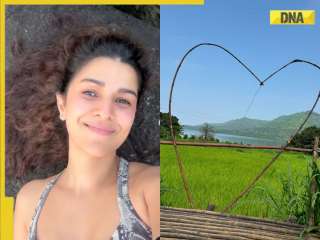


)





